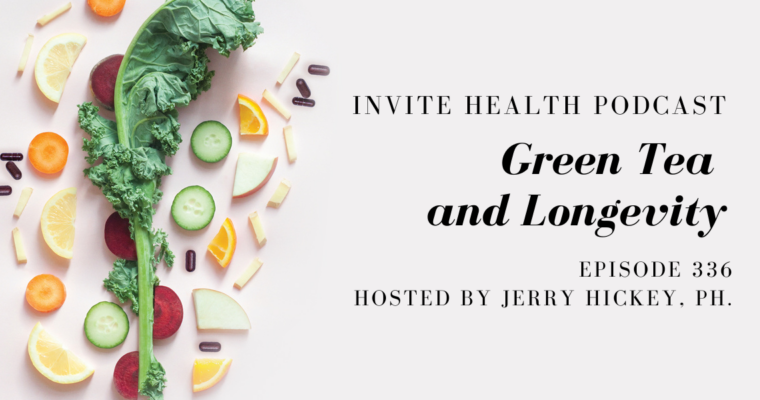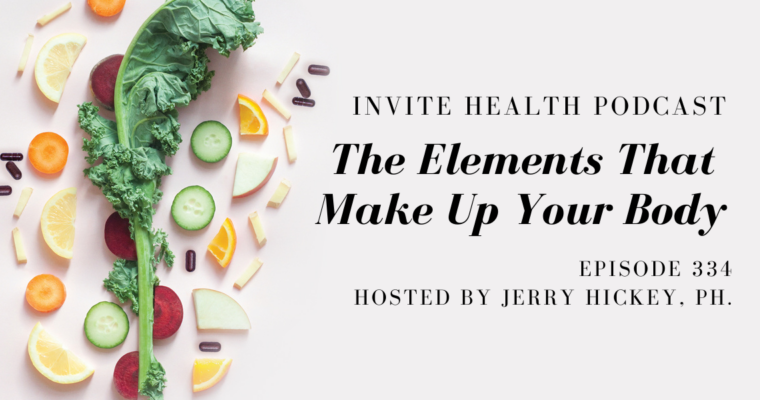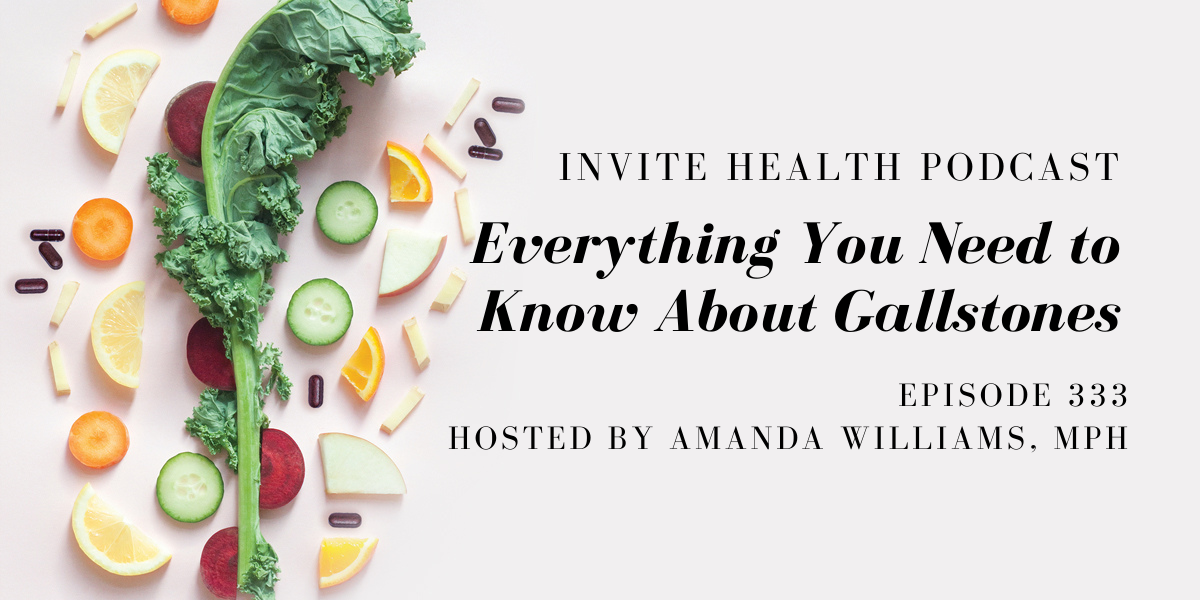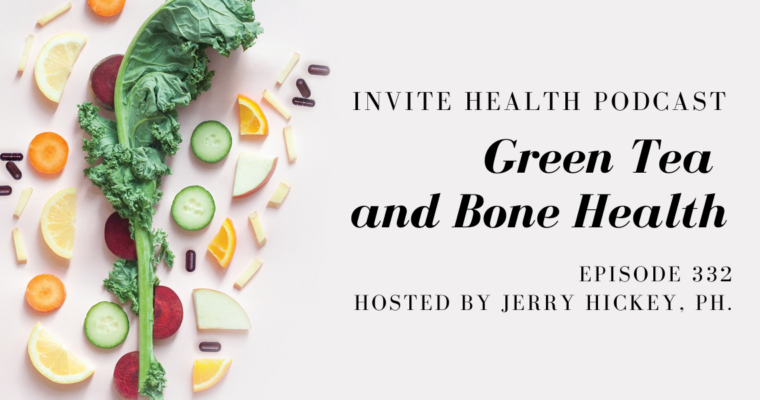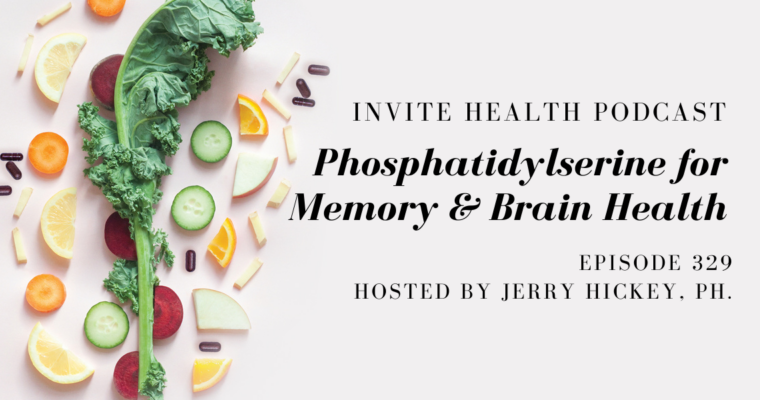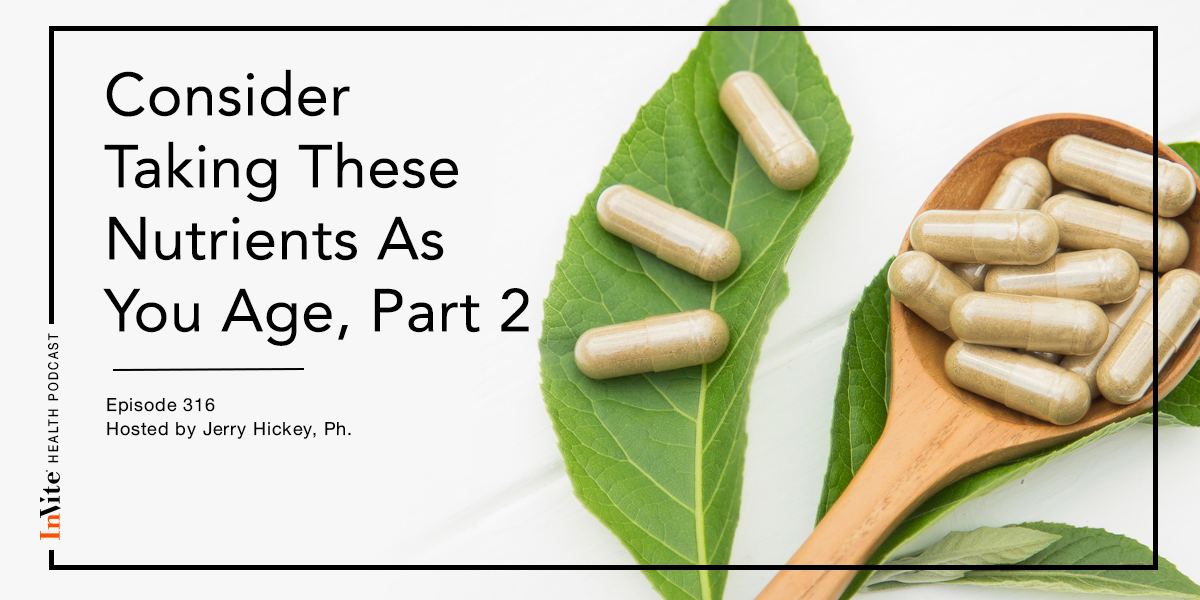gallstones
Invite Health Podcast, Episode hosted by Amanda Williams, MPH
Subscribe Today!
Have you ever heard of the term cholelothiasis? Many people have not, but I’m sure you are familiar with the term gallstones. That is what cholelothiasis is.
This is a very common issue that affects close to 15% of the US population. That’s millions and millions of people. However, 80% of people who have gallstones are completely asymptomatic. They may not even notice and seek out treatment until they have a flare up. If you do know that you have a history of gallstones, it is important to make sure you are doing the right things when it comes to different lifestyle modifications.
What is cholelothiasis?
Gallstones are hard, pebble-like pieces of material that are made up of components in cholesterol and bilirubin. They start to block the bile duct within the biliary tract, often causing severe sudden pain in the upper-right part of the abdomen. The pain can be so significant that it can be called a gallbladder attack or biliary colic. Blockages in this area can also impact the digestive system.
KEY NUTRIENTS FOR COMMON DIGESTIVE HEALTH CONCERNS – INVITE HEALTH PODCAST, EPISODE 114. Listen Now>>
There are two different types of gallstones: cholesterol stones and pigment stones. The majority fall into the category of cholesterol stones. These stones are yellow-green in color, while the pigmented stones are darker and made up of bilirubin.

Helping with gallstones
Cholesterol stones and pigment stones are often caused by a lack of key nutrients in the diet. This is why having a diet that’s rich in fiber, fruits, vegetables and healthy fats is advantageous to gallbladder health. One such diet that could be advantageous is the Mediterranean diet.
THE MEDITERRANEAN DIET EXPLAINED – INVITE HEALTH PODCAST, EPISODE 89. Listen Now>>
Supplementing with nutrients such as Vitamin C and omega-3 fatty acids can also be beneficial. These antioxidants help to fend off oxidative stress, which can be a factor in the development of cholelothiasis.
In this episode, Amanda Williams, MPH defines what a gallstone is and how it impacts the body. She shares various factors that may predispose people to this issue, as well as studies indicating nutrients that may help prevent the formation of gallstones.
Key Topics:
- Genetic and lifestyle components involved in gallbladder health
- How gallstones can impact other organs and pathways
- The symptoms of a gallbladder attack
- Jaundice and gallbladder issues
- Traditional medical approaches to handling gallstones
Thank you for tuning in to the Invite Health Podcast. You can find all of our episodes for free wherever you listen to podcasts or by visiting www.invitehealth.com/podcast. Make sure you subscribe and leave us a review! Follow us on Facebook, Twitter and Instagram at Invite Health today. We’ll see you next time on another episode of the Invite Health Podcast.


